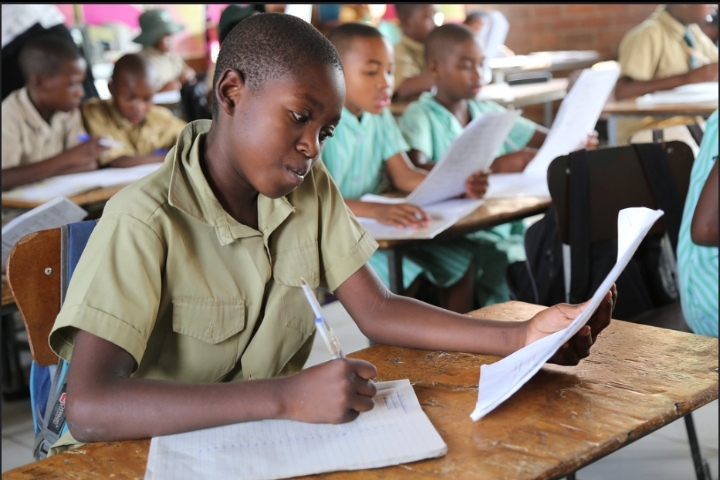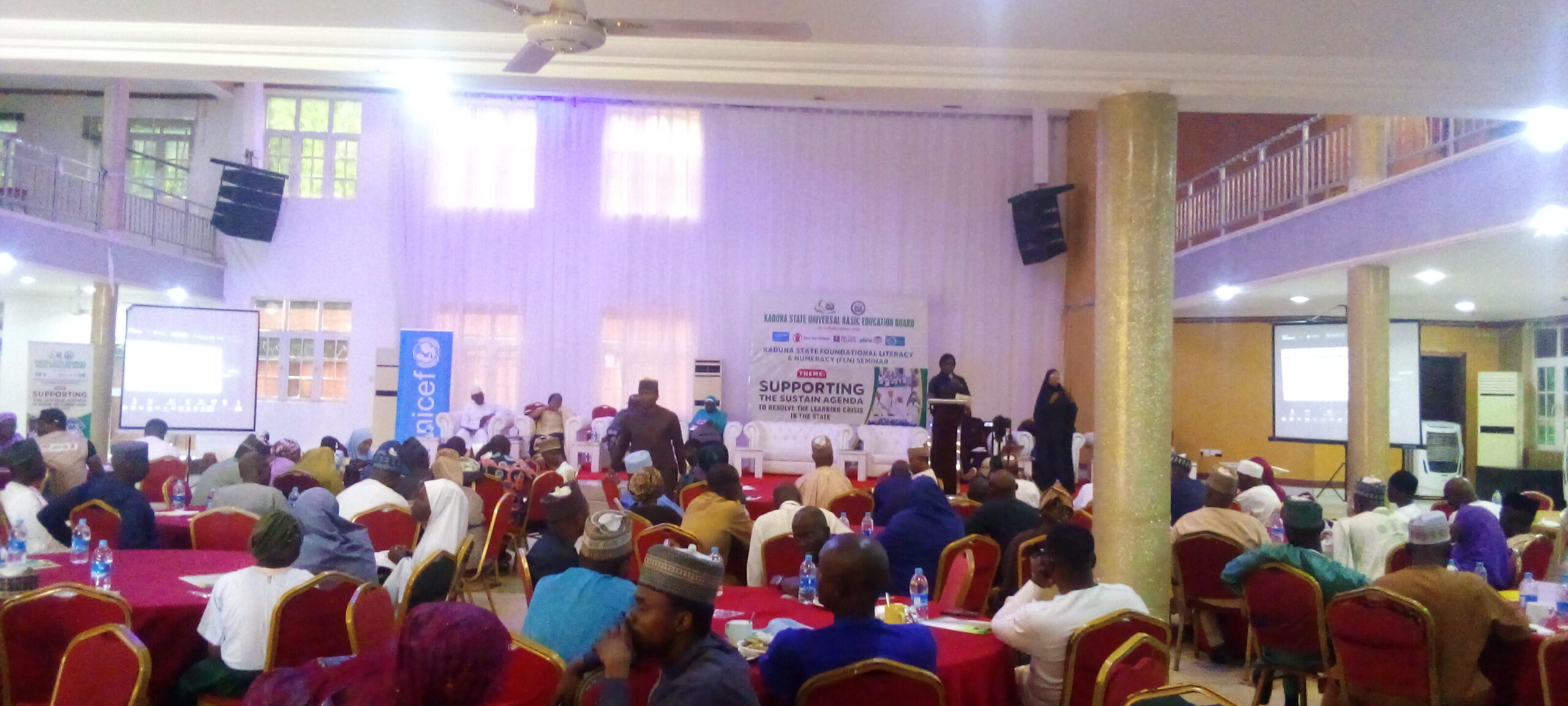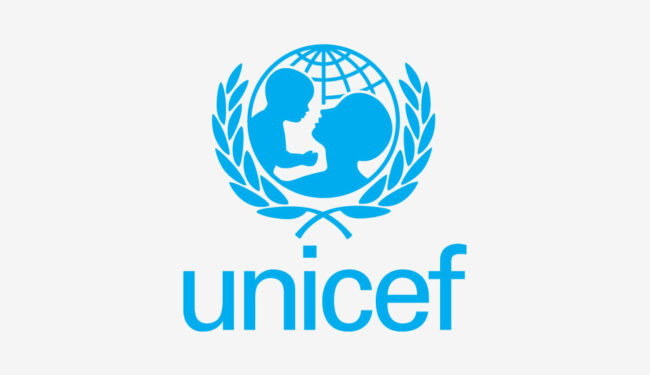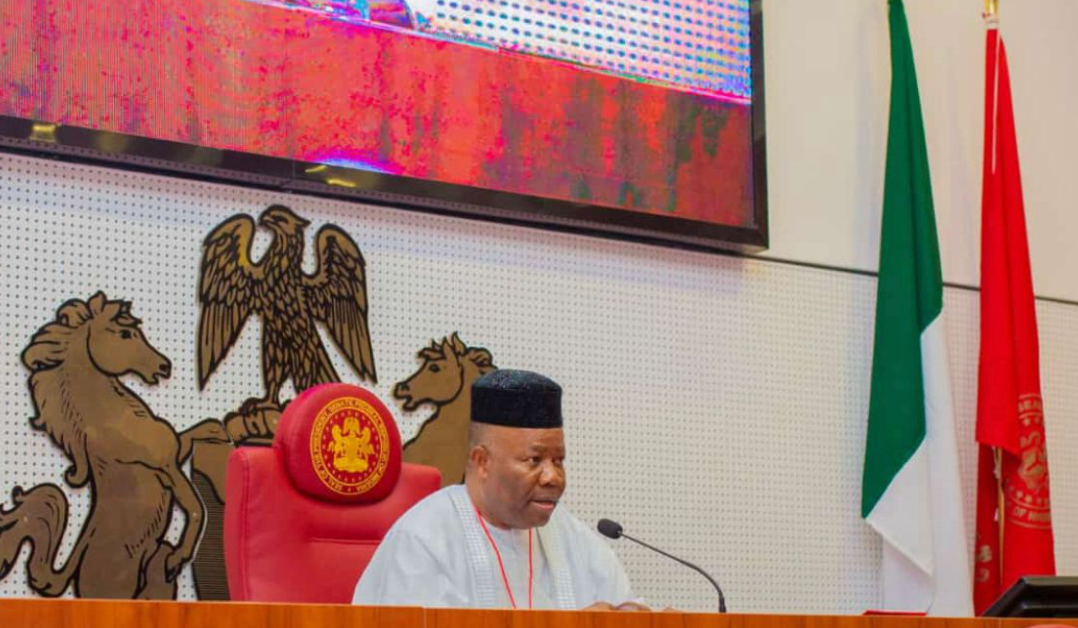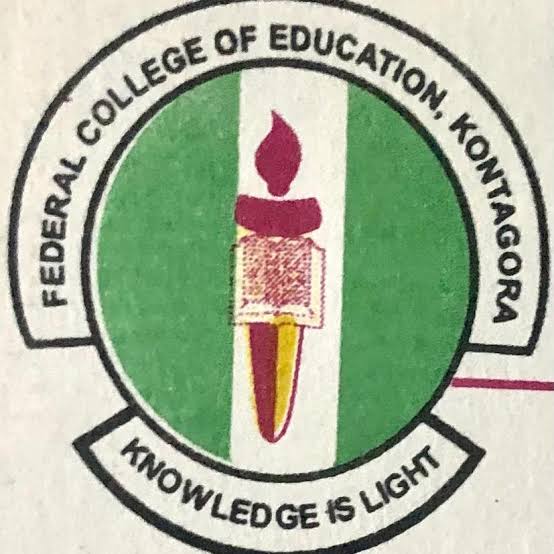Gombe Govt. partners UNICEF to address education deficit
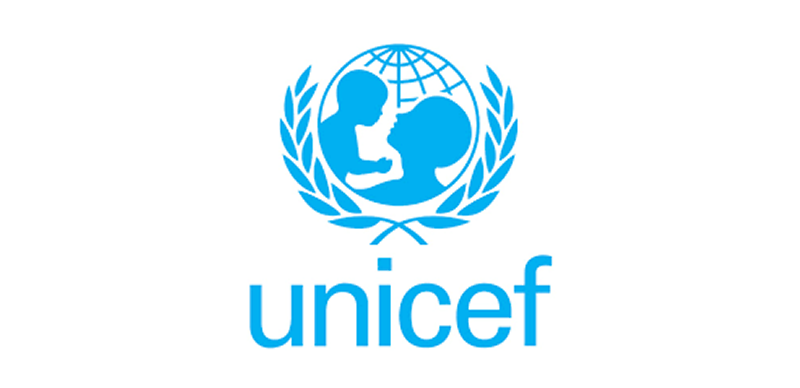

GOMBE (Sundiata Scholar) – The Gombe State Government, in collaboration with the United Nations Children’s Fund (UNICEF), has launched a project aimed at tackling foundational literacy challenge and poor numeracy skills in primary schools.
reports that the initiative is in response to alarming findings from a recent Multiple Indicator Cluster Survey (MICS).
The survey revealed that only 25 per cent of Nigerian children, particularly in the North, in primary grades four, five, and six, can read a basic text or solve simple arithmetic, particularly in the North.
Speaking on Tuesday at the stakeholders’ engagement on Foundational Literacy and Numeracy (FLN), organised by the partners, Dr Aishatu Maigari, Commissioner of Education, decried the grim reality which indicates that one in every three children, are out of school.
The report further states that out of those attending school, three, out of four, are not receiving quality education
Maigari referred to the situation as a “learning crisis,” pointing out that while many children were enrolled in school, they lacked the ability to read or do basic calculations.
The commissioner emphasised that children from rural and economically disadvantaged backgrounds were disproportionately affected, but reaffirmed the state’s commitment to delivering quality and equitable education for all children.
Malam Abdulrahman Ado, UNICEF Education Specialist, Bauchi Field Office, stressed the importance of a multi-sectoral approach to addressing the issue.
He identified several key barriers to learning which included poor teacher performance, ineffective school management, and lack of adequate teaching materials.
According to Ado, efforts must focus on improving teachers’ effectiveness, creating a safe and conducive school environment, and enhancing oversight of educational operations.
‘’Teachers must be equipped to ensure schools are safe, and maintain proper oversight.
‘’Teaching at the right level involves assessing pupils’ understanding regularly and continuously developing teachers’ skills.’’
Ado, however, said that teachers had been prepared for the initiative as they had undertaken a 14-day intensive training programme, aimed at improving their teaching techniques.
‘’This training is expected to result in better learning outcomes for pupils,’’ he said. (NAN)



